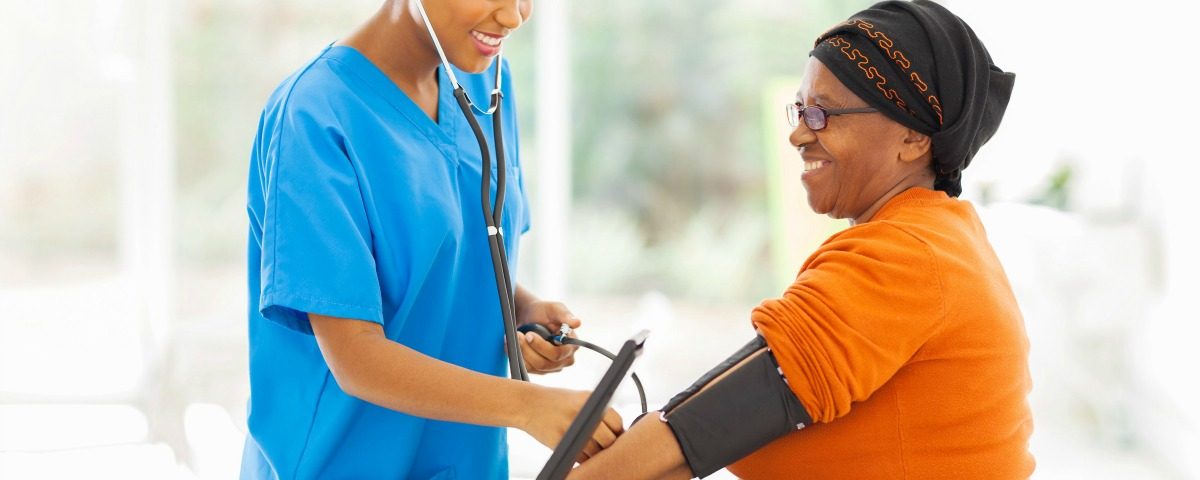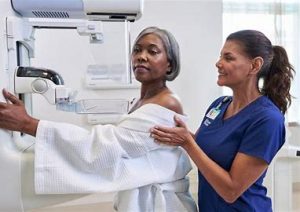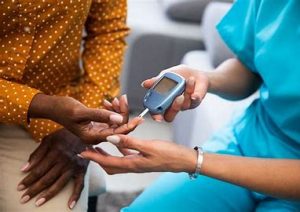6 Health Screenings Every Woman Should Take
Hello world!
February 17, 2021
Malaria Myths vs Facts
March 27, 20256 Health Screenings Every Woman Should Take

Health screening for women.
Maintaining good health is a lifelong commitment, and regular health screenings play a crucial role in early detection and prevention of serious conditions. Women, in particular, have unique health needs that require specific screenings at different stages of life. Here are six essential health screenings every woman should consider staying proactive about her well-being.
- Pap Smear and HPV Test (Cervical Cancer Screening)

Pap smear test
Cervical cancer is one of the most preventable cancers, thanks to routine screening. A Pap smear helps detect abnormal cervical cells that could develop into cancer, while an HPV test identifies high-risk strains of the human papillomavirus (HPV), a leading cause of cervical cancer.
- Who should get it? Women aged 21–65 should have a Pap smear every three years. Women over 30 may opt for an HPV test combined with a Pap smear every five years.
- Why is it important? Early detection can prevent cervical cancer or allow for successful treatment.
- Mammogram (Breast Cancer Screening)

Breast cancer screening
Breast cancer is one of the most common cancers among women. A mammogram is an X-ray of the breast that helps detect lumps or abnormalities before symptoms appear.
- Who should get it? Women aged 40 and older should discuss their risk factors with a doctor to determine the right screening schedule. Generally, annual or biennial mammograms are recommended starting at age 50.
- Why is it important? Early detection significantly improves treatment success rates.
- Bone Density Test (Osteoporosis Screening)
Osteoporosis causes bones to become weak and brittle, increasing the risk of fractures. A bone density test (DEXA scan) measures bone strength and helps assess the risk of osteoporosis.
- Who should get it? Women over 65, or younger women with risk factors such as a family history of osteoporosis, low body weight, or previous fractures.
- Why is it important? Early diagnosis allows for lifestyle changes and treatments to prevent fractures.
- Blood Pressure and Cholesterol Check (Heart Health Screening)
Heart disease is the leading cause of death among women, making regular blood pressure and cholesterol tests essential. High blood pressure and high cholesterol can increase the risk of heart attacks and strokes.
- Who should get it? All women should have their blood pressure checked annually. Cholesterol screening is recommended starting at age 20, with follow-ups every 4–6 years, or more frequently based on risk factors.
- Why is it important? Managing blood pressure and cholesterol levels reduces the risk of heart disease and stroke.

Diabetes screening
Type 2 diabetes can develop silently, often without noticeable symptoms. A fasting blood sugar test or A1C test measures glucose levels to detect prediabetes or diabetes.
- Who should get it? Women aged 35 and older should have routine screenings, especially if overweight or with a family history of diabetes. Pregnant women should also be screened for gestational diabetes.
- Why is it important? Early detection allows for lifestyle changes and treatment to prevent complications such as heart disease, nerve damage, and kidney problems.
- Colonoscopy (Colorectal Cancer Screening)

Colonoscopy for colorectal cancer
Colorectal cancer is one of the most common and preventable cancers. A colonoscopy detects polyps in the colon that may develop into cancer.
- Who should get it? Women should start colorectal cancer screening at age 45, or earlier if they have a family history.
- Why is it important? Early detection and removal of polyps can prevent colorectal cancer.
Final Thoughts
Prioritizing these health screenings can help women detect potential health risks early, leading to better treatment outcomes and improved quality of life. Always consult a healthcare provider to determine the right screening schedule based on individual health risks and family history. Prevention is the best cure—stay informed, stay proactive, and take charge of your health!
For more health and wellness tips, follow our blog and stay updated on the latest medical recommendations.

